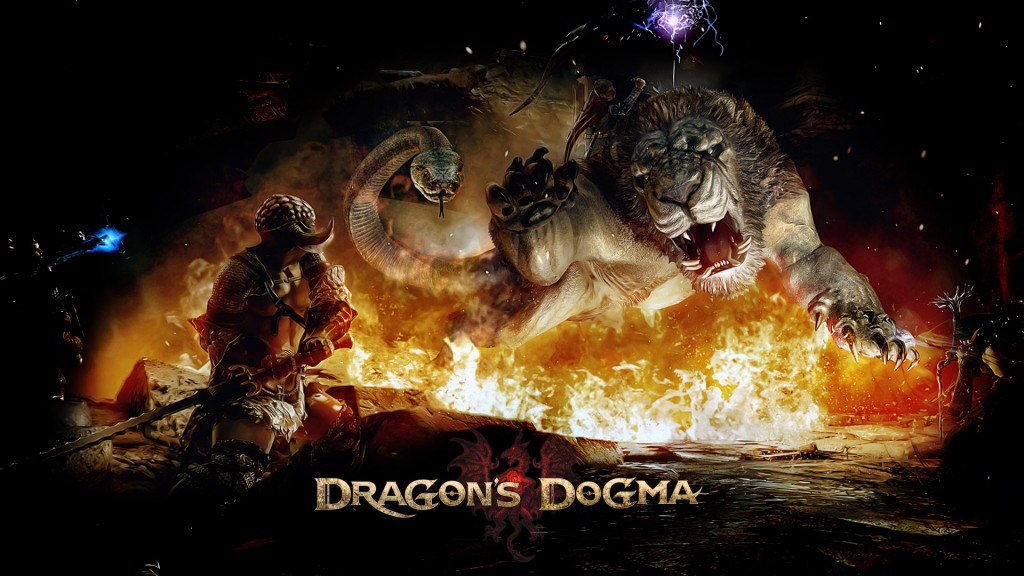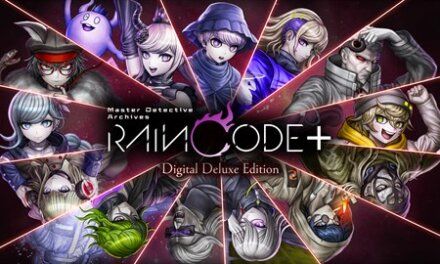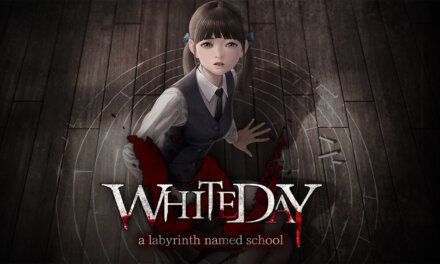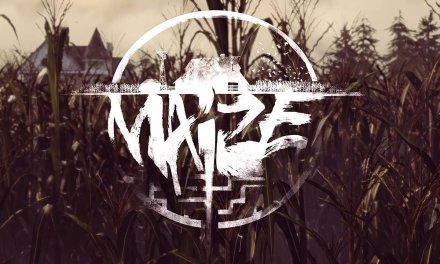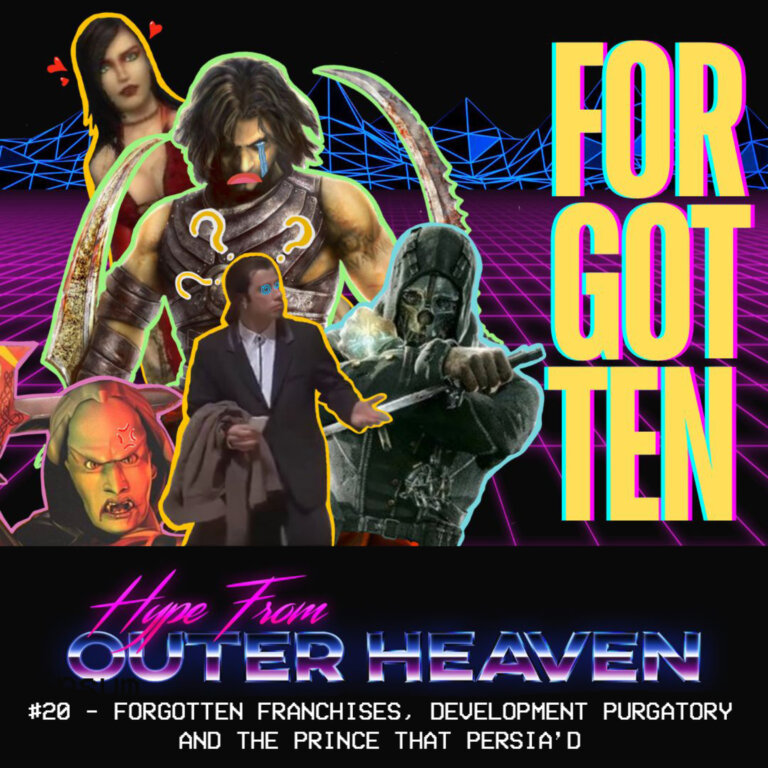Dragon’s Dogma was originally released way back in early 2012 for the PlayStation 3/Xbox 360 and its expansion, Dragon’s Dogma: Dark Arisen was released in 2013 alongside a HD enhancement. Finally, after a long wait Capcom’s masterpiece Dragon’s Dogma: Dark Arisen, a game I have played every version of, gets its port to the PS4 and makes me the happiest man in the world…
Today, like any other day, you wake up at the crack of dawn to the sound of children’s laughter, alongside the sound of the sea waves crashing off the docks in your quiet little fishing village known as Cassardis. Today, like any other day, you witness the Duke’s guard pleading with the townsfolk to lay down rod and reel and take up steel in preparation for the return of the infamous yet poorly named dragon, Grigori. Today, like any other day you ignore the guards and you meet your childhood friend and possible love interest, Quina, in the local marketplace. Alas, before you have the chance to lovingly embrace, you are hit with a gust of wind and the sudden but inevitable realization that today really isn’t like any other day. It’s safe to say that today is the day you die… well, at least momentarily.
You are greeted by the screams of a local fisherman advising of the dragon’s impromptu return and most of the townsfolk scatter. You, on the other hand, venture towards the seafront to investigate for yourself. Uh oh, things are about to get pretty heated. The dragon swoops down for a better view of its breakfast and decides he prefers his villager-steak well done. By this point, the town is pretty much destroyed and the Duke’s useless guards have legged it meaning it’s now up to you and you’re conveniently placed Shortsword to slay a dragon. You are then thrown into the game and after a couple of feeble slashes, you plunge your weapon into the hand of the dragon before being slapped across the sand bed and pass out. Grigori doesn’t seem phased by your attempts, but see’s the potential in you – and after a short monologue in dragon tongue, he steals the heart from your chest, swallows it whole and fly’s away as if you were just a cheeky one night stand. Good job, buddy! You have saved the day and only had to sacrifice your life to do so!
But wait! The heart-shaped hole in your chest miraculously heals itself and you are removed from the sea-front to a residence within the village. You awaken, battle worn, weary and full of rage. Yesterday, you were but a humble fisherman from Cassardis but today, crowned “The Arisen” by your fellow Townsfolk… You begin your quest to head-butt the dragon and win back your heart!
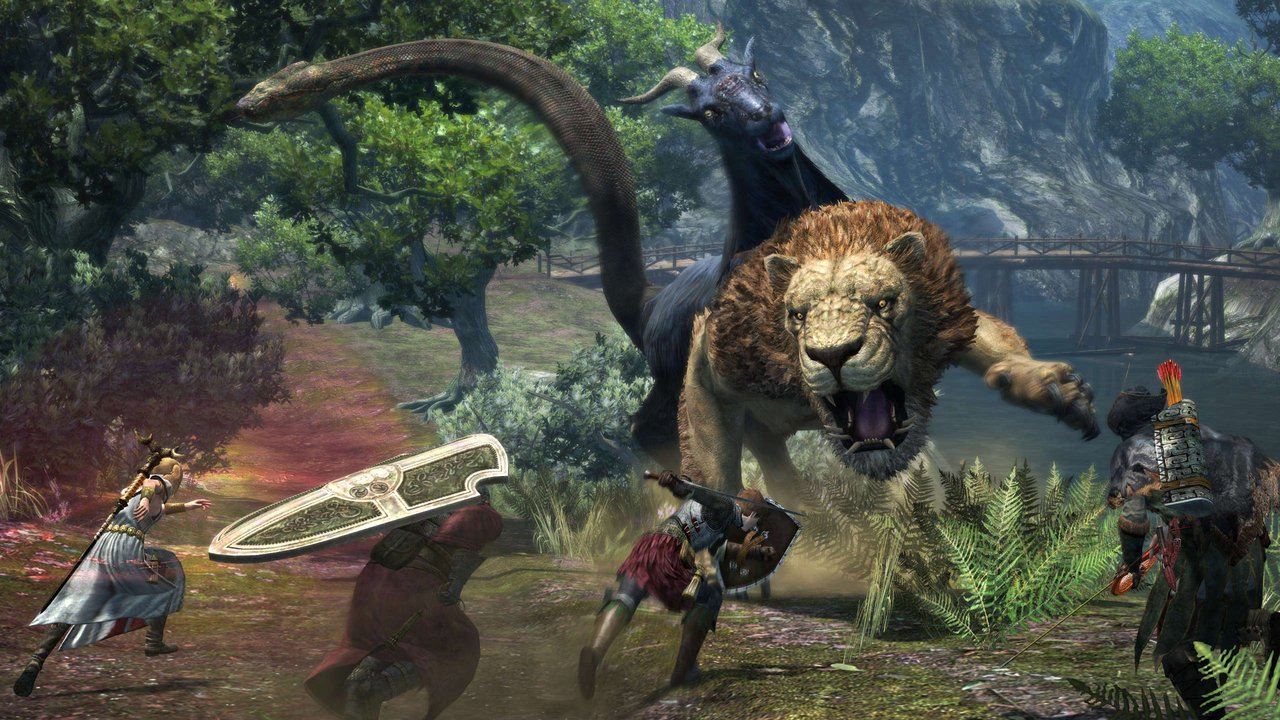
Let’s face it, there are a lot of games out there that can be compared to another within its genre. It’s how the gaming world works, right? If Dragon Age, Dark Souls and The Elderscrolls: Skyrim produced a love child, this would be it. For me, the combat system alone is the biggest draw to the game. Dragon’s Dogma has a very Dark Souls air about it. It’s not nearly as punishing or overwhelming, but just as rewarding. It’s not just your average hack and slash RPG. You have to spend the time to work out the weakness of each monster, mini-boss, main boss and so on, ensuring to time your hits and are prepared for each battle. Imagine this if you will; you are a dual-dagger wielding assassin. Unfortunately for you, you have just been attacked by a hungry four-headed Hydra and she is out for blood. That’s okay, Buddy! Capcom has thought about you and implemented a grab/climb system, meaning you can zip on up one of the Hydra’s four necks and sever the head atop. You just have to be quick to get down before it regrows new head and chomps you down like a meat-filled chocolate bar.
The combat system and character development go hand in hand. Dragon’s Dogma is like most RPG games in the sense that it starts out with three basic classes known as Vocations. Upon waking in your bed after the dragon encounter you are given the choice of three basic vocations – Fighter, Strider (rogue) and Mage. The three basic vocations then branch out into three ‘offence heavy’ advanced vocations and a further three hybrids which can be changed at any time upon visiting the inn keep in the capital, Gran Soren or Orla on Bitterblack for a small fee of course.
Each vocation has a total of ten levels of progression, with specific stat growths and access to Augments that can be used across all classes. Most weapons and armour in the Dragon’s Dogma are Vocation specific, meaning if you want to wield a Heavy Kite Shield and Mace – you roll as a Mystic Knight. Before the game starts, you are provided with a character creation screen in which you can forge your hero for the upcoming adventure. Character height and weight play a significant role in the game, meaning that if you’re small and light – you’ll be quick on your feet but won’t be able to carry as much and if you’re tall and bulky – you be able to carry a lot but you’ll move at a slower pace and you’ll eat away at your stamina!
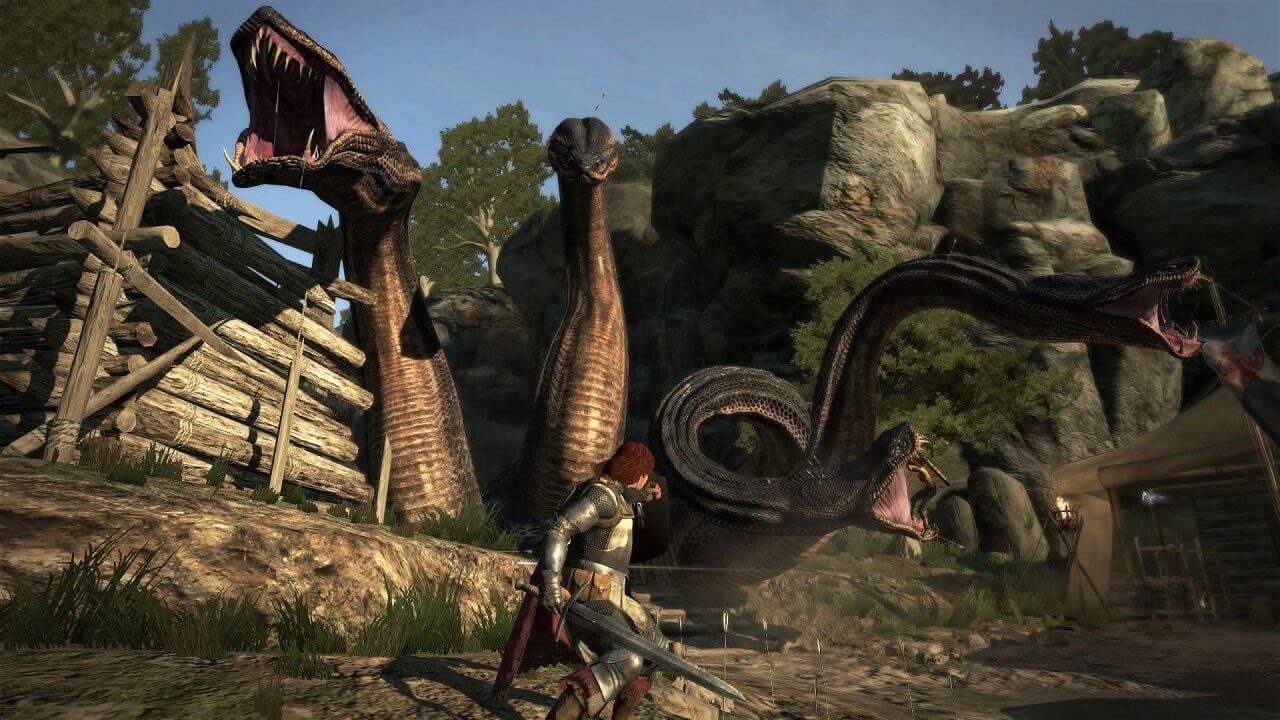
Dragon’s Dogma is smart enough to know that you’re going to need a helping hand along the way and before you can leave Cassardis in search of your heart, a Pawn (companion) by the name of Rook is thrust upon you. The basic vocation you choose in the beginning will determine the type of Pawn that Rook is. If you choose Fighter/Strider, Rook becomes a Mage and vice versa to aid in the initial combat ahead. Upon arrival to the first encampment, The Arisen is sought out by a mysterious voice calling to him/her – requesting proof that they truly are Arisen. Once the proof is provided, The Arisen is then free to create their own Pawn (known as the Main Pawn) and hire up to two more pawns created by other human-players summoned from the Rift in the Pawn Guild.
The Main Pawn is created using the same character creation tool used when creating your hero, however, you are only able to choose from the basic and advanced vocation. You will hire pawns based on your play style and as every encounter could potentially be different, you will find yourself changing tactics and changing your pawns on a regular basis. I found that as my hero was an assassin, Mages were essential to my survival due to their healing spell, or when I was feeling brave (or some might see it a stupid) I would compensate not having a healer by over-stocking on potions. One of the best parts of the pawn system is that once a pawn learns and effective method of dispatching an enemy, it uses that tactic on its next encounter and should your Main Pawn be hired by another human-player, it learns new tactics and brings back any experience it earns in their world.
Dragon’s Dogma is knockout stunning! From grassland to swampland, each every location is beautiful in its own way. There is a significant improvement over the original console versions as the game can now essentially run at 60fps 4K resolution and includes 16:9 aspect ratio support. You have the option to adjust the refresh rate and resolution, the shadow/grass quality, field of view and even the distance. The title music “Flying into Free” in the original console version was so much better in my opinion, but the overall sound quality and battle music in the new Dark Arisen is better. The game now finally has an option to mute Pawns should you find them annoying. There were about a thousand occasions where I had to mute pawns for either their terribly chosen voices or to stop them from continually saying things like; “Wolves hunt in packs” – whilst fighting goblins or “NO! They hold the advantage!” – After they have just fallen off a cliff and killed themselves.
…Silly Pawn’s.

